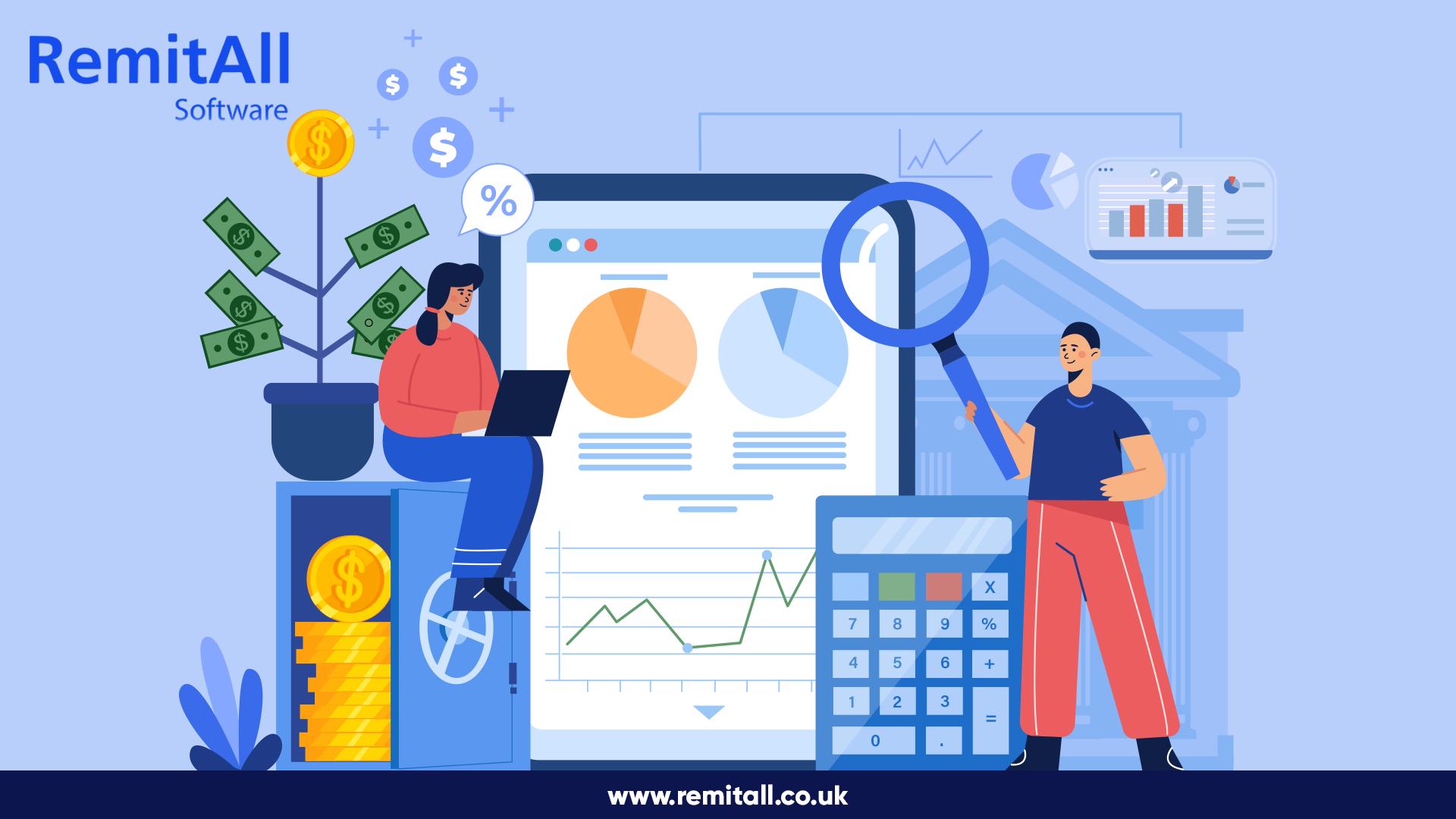May 19 - 2:30 Minutes
"Call to Action" to Keep remittances Flowing.

Remittances reached a record of $554 billion in 2019 by overtaking foreign direct investment (FDI) flows to low and middle-income countries(LMICS). Therefore, remittances have proved to be larger and more stable than FDI in India, oil exports in Mexico, and tourism in Egypt, Nepal, and Tunisia.
In 2020, the economic crisis caused by the COVID-19 Pandemic expected a 20% decline in inward flow to LMICs. So World Bank has issued a call to action to "keep remittances flowing". Hence, the policymakers declared remittance service as essential services and facilitated the scaling up of digital remittance channels.
Steps To Keep Remittances And Development Financing Flowing
More than Fifty heads-of-state came together to find financing solutions to safeguard citizens from adverse financial impacts during contingencies. Due to the global economic crisis raging and public finances strained, the agenda focused on managing remittance and development financing flow. A few actionable measures are here below:
For remittance service providers, a tax credit can be offered, which equals the reduction in fees paid by remittance senders and recipients. Pakistan's had undertaken a similar initiative in response to the global financial crisis in 2009.
Increase market competition in the remittances industry. In simple words, open a partnership among national post offices, banks, and money transfer operators. Also, encourage interoperability of remittance technologies to help increase scale and reduce costs.
The use of digital technologies helps to minimize the risk. Know your client (KYC) is essential to keep track of their international transactions regarding remittances. Hence it addresses "de-risking" practices by correspondent banks to manage risk.
During extreme risk aversion, borrowers need innovation and credit management. Diasporas from many developing countries tend to have a more favourable perception of country risk than institutional investors. Several countries have raised billions of dollars of financing through diaspora bonds.
The data on remittances have improved significantly, as demanded by IMF guidelines. However, many source countries still do not report data on outward remittance flows. From the viewpoint of access to development financing, data on remittances are now a key consideration in assessing developing nations' debt and financial sustainability.
Conclusion
The above steps would be ideal for working within an effective, coherent policy and institutional framework. The framework needs re-designing to reduce remittance costs and increase the volume of remittance flows.
Besides, it should also support the broader international remittances agenda. This agenda includes innovation in the global remittances market, leverage remittances for improving consumer and business lending, micro-saving and micro-insurance and many more. RemitAll Software is one such fintech that helps you kick-start or streamlines your money transfer business. It provides a refined and stable platform that will allow you to upgrade the services you provide to your clients.
Remitall Software gives you the option to provide your clients services over the web browser, iOS and Android platforms.
To know more about us, please visit our website https://www.remitall.co.uk
Reading time 2:30 Minutes

Irene Asha Tirkey
Irene has completed her post-graduation in Integrated Marketing Communication from Calcutta Media Institute, Kolkata, India. Her key areas are blogging and content writing. She is in this industry for three years. Her interest areas include travelling listening to music, and painting.
Categories
Why do you send more and receive less during international transactions?
Mar 8-2 Minutes 45 Seconds

Cross Border Payments and Project ABER
Mar 3-2 Minutes 30 Seconds

COVID-19 Impacts On Cross-Border Payments
Feb 26-2 Minutes 30 Seconds

 English
English Português
Português
